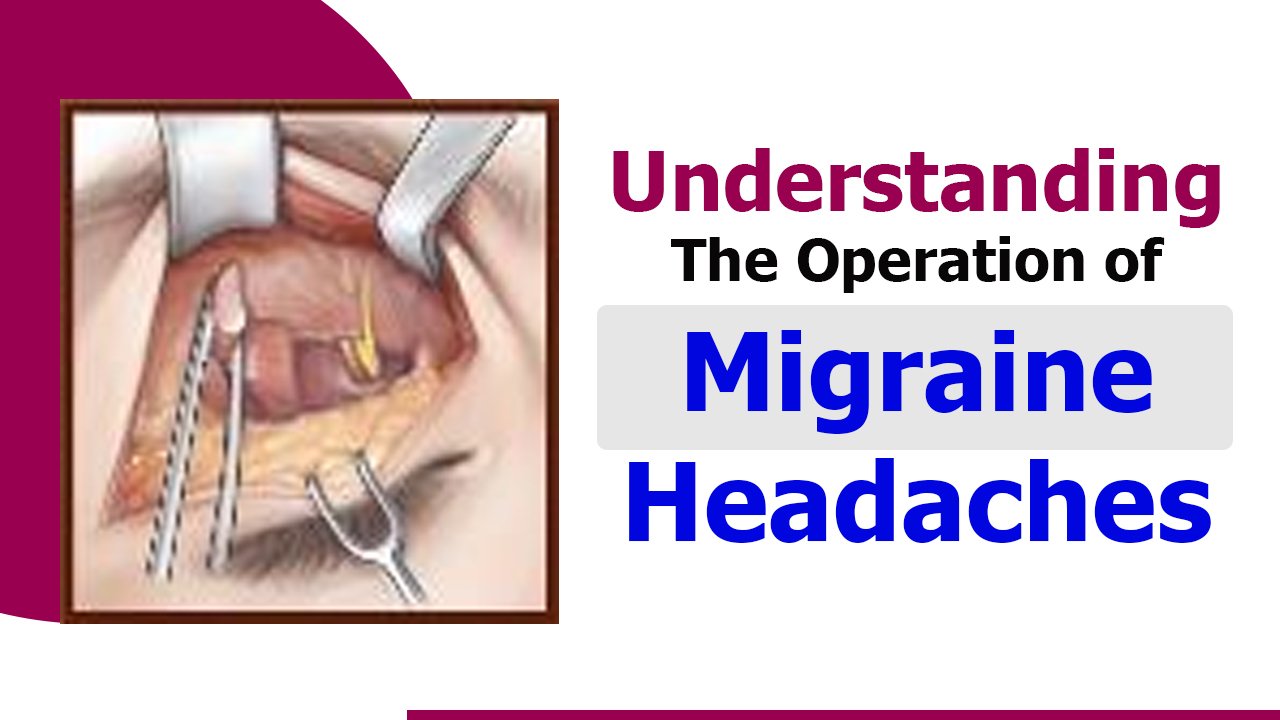
Migraines are a complex neurological condition characterized by intense, debilitating headaches often accompanied by other symptoms. Here’s an in-depth look at how migraines operate-
What Are Migraines?
Migraines are more than just severe headaches. They involve a series of neurological events that lead to a variety of symptoms. While the exact cause of migraines isn't fully understood, they are believed to result from abnormal brain activity affecting nerve signals, chemicals, and blood vessels.
Symptoms
Headache: Typically, migraines present as a throbbing pain on one side of the head, though the pain can occur on both sides.
Aura: Some people experience visual disturbances or other neurological symptoms before the headache starts. These can include flashes of light, blind spots, or tingling in the face or hands.
Nausea and Vomiting: Many sufferers experience gastrointestinal symptoms.
Sensitivity: Increased sensitivity to light, sound, and sometimes smell.
Triggers
Migraines can be triggered by a variety of factors, including:
Hormonal Changes: Especially in women, fluctuations in estrogen can trigger migraines.
Food and Drink: Certain foods (like aged cheeses, processed meats) and drinks (especially alcohol and caffeine) can act as triggers.
Stress: Emotional stress can precipitate migraine attacks.
Environmental Factors: Bright lights, loud noises, or strong smells may trigger or exacerbate migraines.
Weather Changes: Some individuals are sensitive to changes in weather or barometric pressure.
Diagnosis
Diagnosing migraines typically involves:
Medical History: A comprehensive review of symptoms and family history.
Physical Examination: Neurological assessments to rule out other causes.
Imaging: In some cases, CT or MRI scans are used to exclude other conditions.
Treatment
Migraine treatment focuses on both relief and prevention:
Acute Treatments: Over-the-counter pain relievers (like ibuprofen or acetaminophen) and prescription medications (such as triptans) can be effective if taken at the onset of symptoms.
Preventive Medications: For frequent migraines, doctors may prescribe daily medications to reduce the frequency and severity of attacks. These can include beta-blockers, anticonvulsants, and antidepressants.
Lifestyle Changes: Regular exercise, adequate hydration, balanced diet, and stress management techniques can help prevent migraines.
Avoiding Triggers: Identifying and avoiding specific migraine triggers is crucial.
Living with Migraines
Managing migraines requires a comprehensive approach that includes medical treatment, lifestyle adjustments, and support. Awareness and education about triggers and early warning signs can significantly improve the quality of life for those affected.
Understanding migraines is key to effective management, ensuring sufferers can lead more comfortable and productive lives despite their condition.




